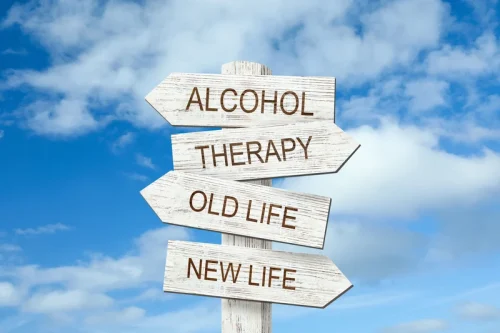
The same goes for understanding consequences to different types of actions. That tends to come more from peer pressure in teenagers and from other people the same age. Even more so when you realize that peer pressure isn’t always necessarily a bad thing. Someone’s peers can pressure them into making positive changes, or avoiding bad situations. While it can be tempting to give in when all your friends are doing something, it’s never worth it.

What leads to peer pressure?
- Anytime something doesn’t feel right, students should be ready to refuse.
- We have learned that educating teens about what not to do is not enough.
- As a lover of kids, Emmanuel runs a small elementary school in Arigidi, Nigeria.
- Mindfulness practices, like deep breathing or meditation, help keep you grounded, enabling you to make rational decisions rather than reactive ones.
- Knowing a specific friend is pressuring you can help your parent set up boundaries or help you place healthy boundaries around that relationship.
Peer pressure and being a teenager go hand in hand, but it’s good to help teens learn how to navigate this teenage peer pressure to live healthy, safe, fun, and rewarding lives. We have learned that educating teens about what not to do is not enough. Drug prevention programs that have had success have gone far beyond teaching young people to say no.

How Can I Know It’s Peer Pressure?
If you have friends who dress like their favorite celebrity, the pressure might be on you to dress like that to fit in. Depending on the situation, you may offer help in various ways. One way is to notify someone of authority, who is in a position intervene. If the affected individual is a child or adolescent, you may wish to notify their parent or guardian. Studies have shown that adolescents are especially affected by peer pressure. However, it can affect anyone from young children to elderly.
- Peer pressure refers to the influence we feel from others to act, think, or behave in a particular way.
- Talk to people who share your beliefs and values, and seek out their support.
- You must include yourself in their friend selecting process directly or even indirectly.
- Certain risky behaviours may also occur as a result of peer pressure.
Learn to Say “No” with Confidence
- Peer pressure can not only bring about changes in behavior, but also thoughts, opinions, and feelings.
- Research by Wentzel et al. (2005) indicates that peers often promote beneficial behaviors like empathy and sharing.
- Know that if you are not comfortable explaining, the word “no” alone is a full sentence.
We’ve got tips and info to help you out in these tricky situations. Talk out any peer pressure you’re experiencing with other friends who are also feeling the squeeze. As part of adolescent development, teens must learn to maneuver the ins and outs of friendships and other relationships. It’s a normal and important part of growing up to pull away from parents as they do so.

Get our weekly newsletter for practical tips to strengthen family connections.
When we feel that we do not fit in, we may consequently find ourselves avoiding social situations. Having positive Alcoholics Anonymous role models is essential to personal growth and development. Role models can provide guidance, motivation, and inspiration. It is important to choose role models that possess qualities and values that align with your own. They can be your biggest supporters and allies in your journey to overcome peer pressure as a Christian. Make time for meaningful conversations and activities with your family, and lean on them for guidance and encouragement.

This can lead teens to compare the true reality of their lives to the “picture-perfect” portrayal of others’ lives and feel pressure to keep up. Additionally, the absence of in-person feedback can enable an environment in which people share harmful content or abusive comments that they would not otherwise say in person. This phenomenon (called trolling) is an incredibly pervasive form of negative peer pressure found on social indirect peer pressure media. There have also been examples of harmful online challenges that have the potential to negatively impact a child’s health. We want our children to have meaningful and healthy relationships both in personal and work settings throughout their lives. We prepare them for this when we are loving, supportive and have open communication in our homes.
